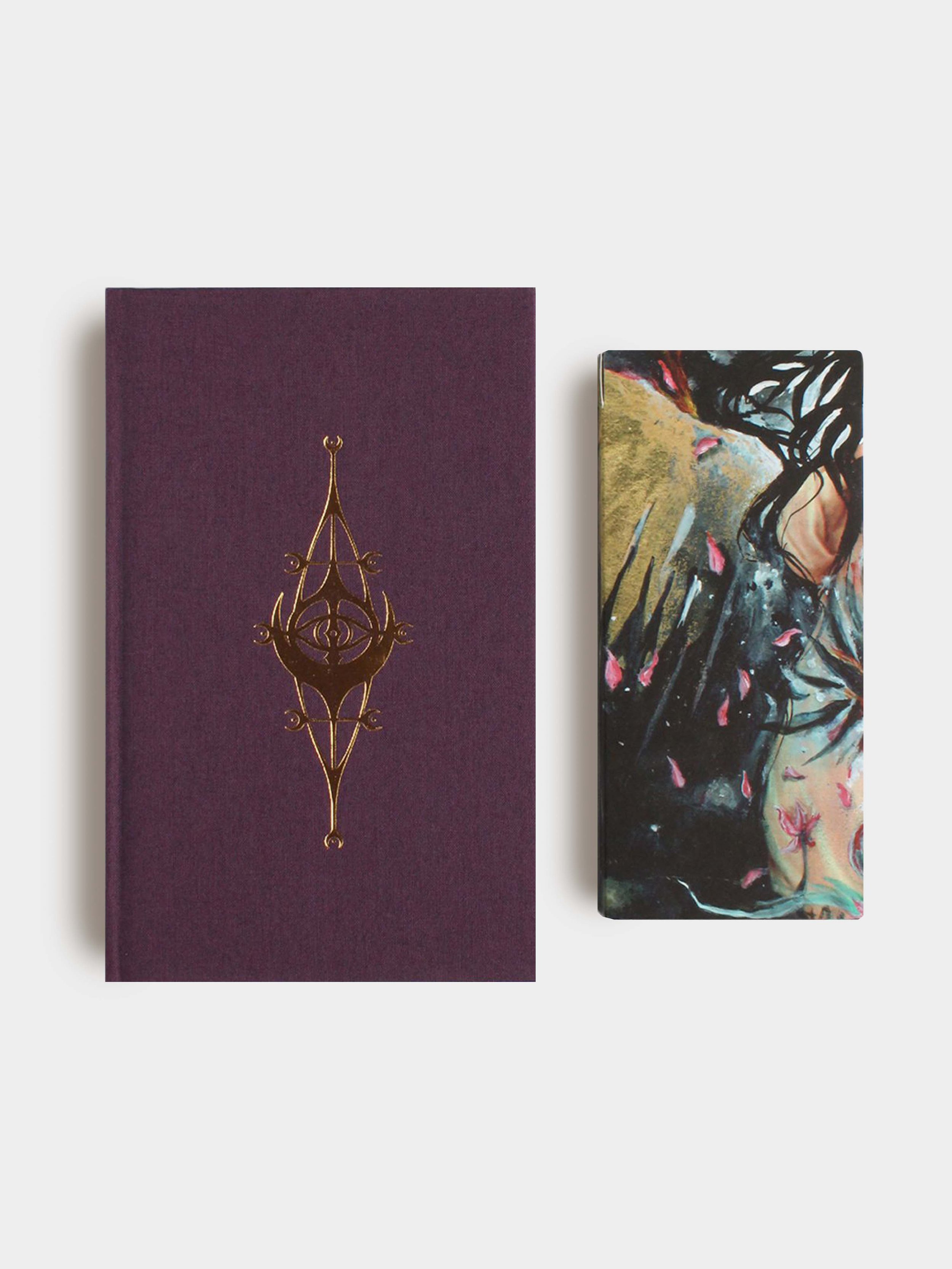Friedrich Nietzsche and the Left Hand Path
Friedrich Nietzsche and the Left Hand Path:
The Occult Philosophy of Friedrich Nietzsche, The Overman, Nihilism, and the Satanic Milieu
by Shea Bilé
“Now I belong to the Devil. I go with him to Hell. Break, break, poor hearts of stone!”
—Friedrich Nietzsche from The Dawn of Day.
For the seeker of truth, an encounter with tragedy and the innermost abyss is inevitable. An unrepentant spirit of liberating self-analysis edifies Friedrich Nietzsche’s philosophy and in doing so establishes it as a foundation for religious, moral, and political antinomianism, anarchy, and dissent. For many of the subversive movements over the past 130 years, Nietzsche’s name has remained ever-present, with his philosophy stoking, even emblazoning the black flame of independent thought in the hearts and minds of those who have chosen to question and counteract.
[read more below]
Friedrich Nietzsche and the Left Hand Path:
The Occult Philosophy of Friedrich Nietzsche, The Overman, Nihilism, and the Satanic Milieu
by Shea Bilé
“Now I belong to the Devil. I go with him to Hell. Break, break, poor hearts of stone!”
—Friedrich Nietzsche from The Dawn of Day.
For the seeker of truth, an encounter with tragedy and the innermost abyss is inevitable. An unrepentant spirit of liberating self-analysis edifies Friedrich Nietzsche’s philosophy and in doing so establishes it as a foundation for religious, moral, and political antinomianism, anarchy, and dissent. For many of the subversive movements over the past 130 years, Nietzsche’s name has remained ever-present, with his philosophy stoking, even emblazoning the black flame of independent thought in the hearts and minds of those who have chosen to question and counteract.
[read more below]
Friedrich Nietzsche and the Left Hand Path:
The Occult Philosophy of Friedrich Nietzsche, The Overman, Nihilism, and the Satanic Milieu
by Shea Bilé
“Now I belong to the Devil. I go with him to Hell. Break, break, poor hearts of stone!”
—Friedrich Nietzsche from The Dawn of Day.
For the seeker of truth, an encounter with tragedy and the innermost abyss is inevitable. An unrepentant spirit of liberating self-analysis edifies Friedrich Nietzsche’s philosophy and in doing so establishes it as a foundation for religious, moral, and political antinomianism, anarchy, and dissent. For many of the subversive movements over the past 130 years, Nietzsche’s name has remained ever-present, with his philosophy stoking, even emblazoning the black flame of independent thought in the hearts and minds of those who have chosen to question and counteract.
[read more below]
-
Gold foil blocked cover to front, spine and back. Head and tail bands. Scarlet ribbon.
Special edition includes an extra page (tipped-in) featuring an additional piece of art by Kayla Mavrakis.
Limited to 500 copies
Contents
Preface
Introduction
Chapter 1: The Fire and the Wine
A Comparative Theophilosophical Analysis of Nietzsche’s Dionysus and the Romantic Satan
The Goat-skinned
Origins
A Note on Ontology
Gods of Fire
Gods of Wine
Chapter 2: The Satanic Precepts
Defining Modern Satanism
The Satanic Tenets
Setian Principles
Chapter 3: Nihilismus
Nihilismus?
The Will to Truth
The Will to Truth in Occult Metaphysics
Gott ist tot
A Note on the Death of God
The Wages of Nihilism is Death
Active vs. Passive Nihilism
Negation before Affirmation
Chapter 4: Satan, the Adversary
Negation of All Values
The Poisonous Doctrine
A Critique of Morality
Beyond Good and Evil
Chapter 5: Dionysus, the Goat-Skinned
The Affirmation of Life
Embracing Man’s Nature
Affirmation of the Self
Affirmation of Life
Chapter 6: Redemption Through Sin
Sacred Inversion and Religious Nihilism
Strange Holiness
Demonic Zen
The Altar of the Devil
Reality in Accordance with the Will
Man as God
The Satanic Antidote
Conclusion
Hymns of Fire and Wine
Prayers to Apollo, Lucifer, Dionysus, and Satan
Description
For the seeker of truth, an encounter with tragedy and the innermost abyss is inevitable. An unrepentant spirit of liberating self-analysis edifies Friedrich Nietzsche’s philosophy and in doing so establishes it as a foundation for religious, moral, and political antinomianism, anarchy, and dissent. For many of the subversive movements over the past 130 years, Nietzsche’s name has remained ever-present, with his philosophy stoking, even emblazoning the black flame of independent thought in the hearts and minds of those who have chosen to question and counteract.
Nietzsche’s influence on the Left Hand Path and Satanic milieu is undeniable – the concept of the will to power, the overman/Übermensch, the Dionysian force, active and passive nihilism, slave morality, life-affirmation, etc. – has been absorbed into the writings of foundational esoteric thinkers who have overtime proceeded to forge a path for contemporary religious heterodoxy and an antinomian esoteric tradition.
Many have understood Nietzsche’s philosophy as being wholly deconstructive or antinomian; however, a comprehensive analysis on Friedrich Nietzsche and the Left Hand Path emphasises the positive rebuilding of values after the deconstruction of nihilism. Through a careful analysis of Left Hand Path philosophy, along with its fundamental tenets of contemporary religious Satanism, has led the author to question the problem of nihilism as defined by Nietzsche. Consequently, Friedrich Nietzsche and the Left Hand Path produces a deeper understanding of the effects of nihilism, self-destruction, decadence etc. while providing solutions for overcoming it. Moreover, this book consequently explores the possibility that Satanism, as a modern religious phenomenon, reconciles the passive nihilism of our day.









![Ast Ma Ion - Eos Tar Nixet [with CD & Small Prints]](https://images.squarespace-cdn.com/content/v1/63f0dc03f3010727a440d3a6/1694104682507-5JVB8XFZGBB82LSXMRVX/AstMaIon_02.jpg)
